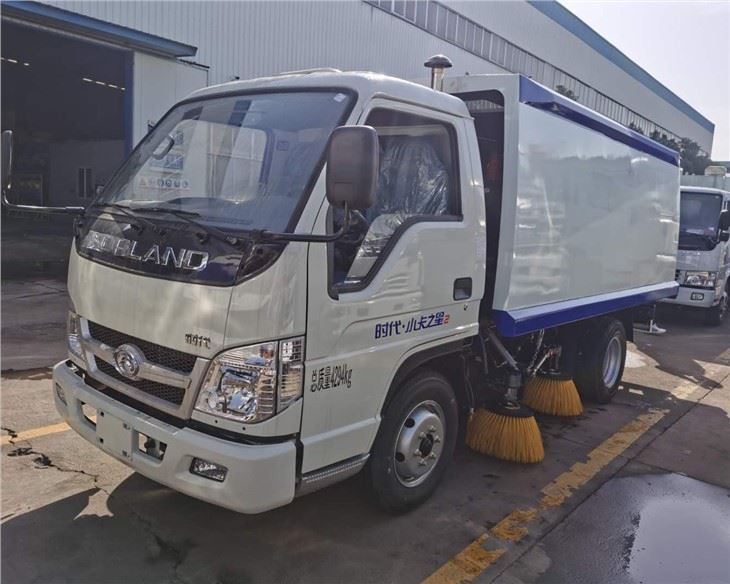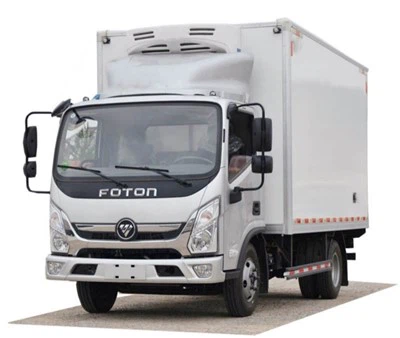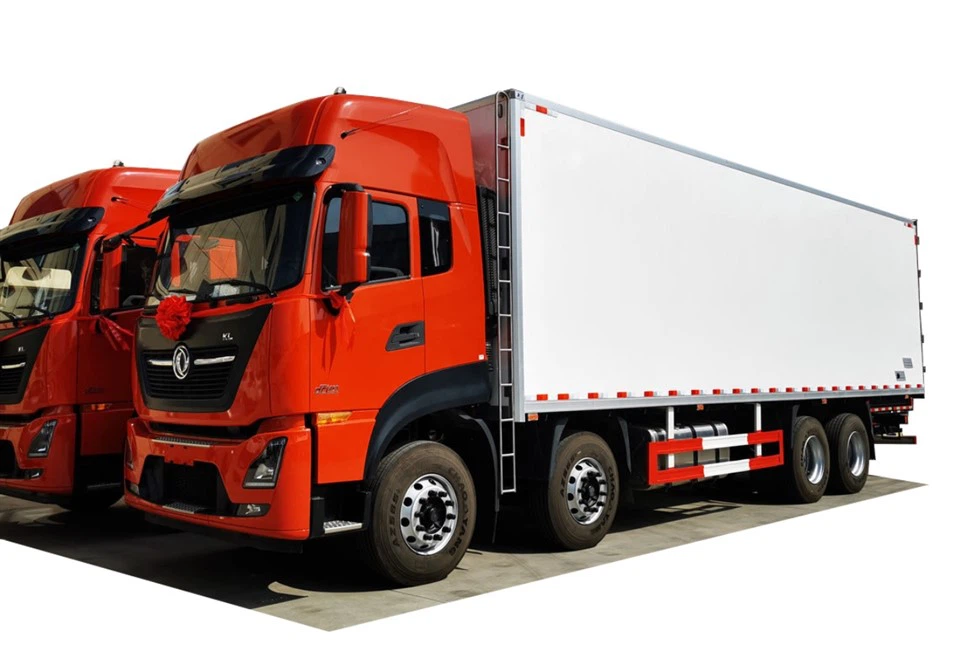Understanding the Dumpster Truck: A Comprehensive Guide

Introduction
The dumpster truck, often known as a waste collection truck or a refuse truck, plays a critical role in modern waste management. These trucks are specifically designed to carry waste, debris, and recyclables, making them essential for keeping communities clean and sustainable. In this article, we will explore what a dumpster truck is, its components, types, operational methods, and much more, providing a thorough framework for understanding these vital vehicles in our daily lives.
What is a Dumpster Truck?

A dumpster truck is a specialized vehicle designed for collecting and transporting waste materials. Typically, these trucks are equipped with hydraulic lifts that allow them to efficiently load dumpsters from residential and commercial sites. Their design prioritizes durability and functionality, ensuring they can handle heavy loads and harsh environments.
Components of a Dumpster Truck
Understanding the different parts of a dumpster truck can help appreciate its functionality better. Here are the primary components:
- Chassis: The base structure that supports the truck’s weight and holds all components together.
- Dump Body: The large container on the back where waste is loaded and transported.
- Hydraulic System: Allows for the lifting and tilting of the dump body for easy unloading.
- Cabling and Controls: These systems allow the driver to operate the hydraulic functions and monitor the truck’s operation.
- Brakes and Suspension: Ensures that the truck can safely carry heavy loads and navigate various terrains.
Types of Dumpster Trucks
There are several types of dumpster trucks, each designed for specific purposes. Here are the most common types:
| Type | Description |
|---|---|
| Front-Load Trucks | Designed for servicing front-load dumpsters commonly found in commercial settings. |
| Rear-Load Trucks | Accessed from the back, these trucks are typically used for residential waste collection. |
| Side-Load Trucks | Equipped with side-loading mechanisms and commonly used for efficient collection in dense urban areas. |
| Roll-off Trucks | Used for transporting large roll-off dumpsters, often seen at construction sites. |
Operational Methods of Dumpster Trucks
How Dumpster Trucks Work
The operation of a dumpster truck involves several steps:
- Arriving at the Pick-up Site: The driver navigates to the location of the dumpster for collection.
- Engaging the Hydraulic Lift: The hydraulic lift system is activated to lower the lifts and grasp the dumpster.
- Collection: The dumpster is lifted onto the truck, allowing the waste to be deposited into the truck’s body.
- Transport: The truck is driven to a waste management facility or landfill for disposal.
- Unloading: The hydraulic system is used again to tilt the truck and release the waste.
Best Practices for Dumpster Truck Operation
Operating a dumpster truck can be complex. Here are some best practices:
- Conduct regular maintenance checks to ensure all hydraulic systems are functioning properly.
- Train drivers on safe operation and waste handling to minimize accidents.
- Plan efficient routes to save time and fuel while improving service delivery.
- Ensure compliance with local waste management regulations.

Importance of Dumpster Trucks in Waste Management
Dumpster trucks are crucial for ensuring effective waste management in communities. They help reduce litter, minimize pollution, and promote recycling. Here’s a closer look at their significance:
Environmental Benefits
By efficiently collecting waste, dumpster trucks help reduce pollution and protect the environment. They make recycling more accessible, allowing communities to separate recyclables more easily.
Economic Impact
Effective waste management bolstered by dumpster trucks contributes to economic growth. They create jobs in the waste collection industry and ensure that local businesses can operate in clean environments.
Public Health
Regular waste collection prevents the accumulation of hazardous materials that can lead to health issues. Dumpster trucks play a key role in reducing the risk of pests and disease outbreaks.
Choosing the Right Dumpster Truck for Your Needs

Whether you’re a business owner or part of a municipal waste management team, choosing the right dumpster truck is essential. Here are some factors to consider:
Load Capacity
Determine the weight of waste you intend to collect. Different trucks come with varied load capacities.
Type of Waste
Different trucks are suited for different types of waste. Consider whether you’ll be transporting regular trash, recyclables, or construction debris.
Operational Efficiency
Look for features that enhance productivity, such as automated systems for faster loading and unloading.
Practical Examples of Dumpster Truck Usage
Residential Waste Collection
In many cities, rear-load dumpster trucks are used for residential waste collection. Each household typically has a designated dumpster that the truck accesses weekly.
Construction Site Waste Management
Roll-off dumpster trucks are often seen at construction sites. These trucks transport large dumpsters where construction debris is collected.
Commercial Locations
Front-load dumpster trucks serve commercial establishments like restaurants and shopping malls, where larger volumes of waste are generated regularly.
Future Trends in Dumpster Truck Technology
As environmental concerns continue to grow, the waste management industry is seeing new trends in dumpster truck technology.
Electric and Hybrid Models
To reduce emissions, companies are investing in electric and hybrid dumpster trucks that help protect the environment.
Smart Technology Integration
GPS and route optimization software are being integrated into dumpster trucks to improve efficiency and reduce fuel consumption.
Enhanced Recycling Capabilities
New designs for dumpster trucks are emerging that allow for better separation of materials, promoting recycling efforts.
FAQ Section
What is the average lifespan of a dumpster truck?
The average lifespan of a dumpster truck is around 10-15 years, depending on usage and maintenance.
How much does a dumpster truck cost?
The cost of a dumpster truck can vary widely, typically ranging from $100,000 to $500,000 based on its specifications and capabilities.
Can dumpster trucks be used for hazardous waste?
Generally, standard dumpster trucks are not designed for hazardous waste. Special trucks are needed to safely transport hazardous materials.
How do I schedule a dumpster pickup?
To schedule a dumpster pickup, contact local waste management services or use their online scheduling options, if available.
Are there weight limits for dumpster trucks?
Yes, each type of dumpster truck has a designated weight limit that should not be exceeded for safety and operational efficiency.
What maintenance is required for dumpster trucks?
Regular maintenance includes checking the hydraulic system, brakes, and tires, as well as routine inspections to ensure optimal functionality.
